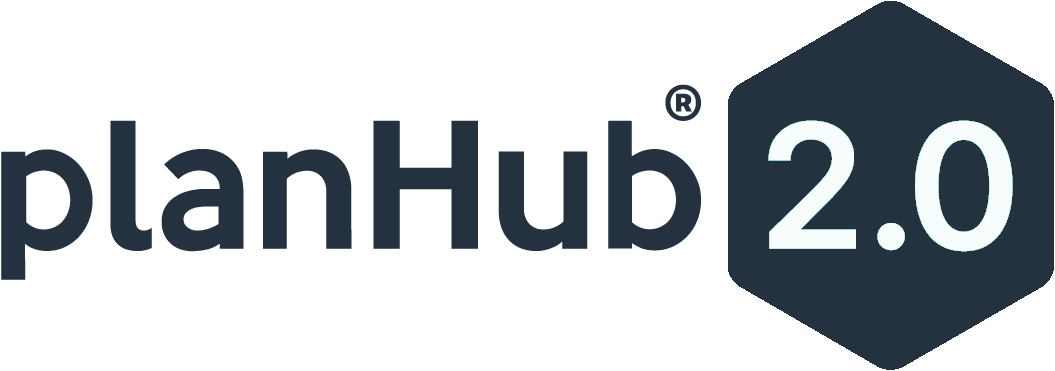If you’re a subcontractor and are thinking of making the jump from residential construction projects to commercial construction projects, it pays to plan ahead. Although the construction itself is similar, there are several differences to the business side of commercial construction. Knowing what to expect and preparing ahead will save you time, money, and some headaches.
We’ve come up with a list of seven tips for subcontractors who are moving from residential to commercial construction.
Update your contractor licensing and bonding
Before you start taking on commercial work, research the licensing requirements for the state(s) where your work is located. Some states require commercial contractors, even subcontractors, to have different licensing for commercial projects. You can be licensed to do both residential and commercial work at the same time. Specialty contractors may have to have additional licensing, such as plumbing or electrical.
You also may need to upgrade your contractor’s licensing bond or add additional bonding, such as for public works projects, depending on your state’s requirements. Make sure that you have the required insurance coverage, including limits for your type of work.
Prepare for larger cash needs
Commercial projects are generally larger than residential in both scope and price. This means subcontractors will need to order more materials to take on these larger projects. In other words, you’ll want to make sure you have more money at the beginning of a project.
Unfortunately, payments are slower in commercial construction. Subcontractors can expect to wait up to 70 to 80 days to receive compensation. You need to be prepared ahead of time, or the bills will start to pile up.
You can start planning for your cash needs before you take on your first commercial project. There are options you can put into place before you start work. Two of the more conventional options are credit cards and short-term bank loans. Both of these take a while to get started and require a credit check. Another option is material financing, which doesn’t require a credit check and can give you up to 120 days to pay for materials. This gives you plenty of time to get paid before the materials bill is due.
Know your contract language
Commercial contracts are more extensive, have more complicated clauses, and can be challenging to understand if you aren’t a lawyer. Some of the terms can even be detrimental to your business, so it’s a good rule of thumb to review each contract before you sign.
To prepare for this, you can take a contract language class or webinar or examine the contract with an attorney that provides contract review services. Both will cost you money, but it’ll be worth it in the long run.
Remember, you can always negotiate contract terms, whether with a general contractor or a project owner. Your changes may not get approved, but it’s worth it to ask.
Be flexible with your scheduling
Most commercial projects work standard business hours, but you might be asked to work nights and weekends if a project is behind schedule or is part of a business that needs to be open during the day.
You’ll want to be clear in your proposals whether off-hours work is included and, if so, specify if there is an additional charge. Also, make sure your employees are on board before committing to a project that requires added hours.
Hire more workers
With larger projects, and hopefully, more work comes greater labor needs. You’ll need larger crews to work on larger projects. It takes time to find and hire good workers, so give yourself additional time for this before you start commercial projects. You’ll also need time for training and onboarding your new employees.
Learn the commercial bidding process
Finding and bidding on commercial construction projects is a different process than you’ll find in residential work. As a subcontractor, you often don’t have much contact with the project owner, and usually, you have to find projects to bid on proactively. There’s also greater competition, so you have to work hard to stand out.
There are some steps you can take to improve your chances and find more bidding opportunities. Networking with general contractors and potential project owners is a great way to hear about upcoming work. Introduce yourself and get on as many GC vendor lists as possible.
Another great way to find bidding opportunities is to subscribe to bid sites, like PlanHub. Once you sign up and enter your information on the site, you can select the type of projects and locations you are interested in and wait for the bid invitations to come rolling in. GCs will be able to find you and send you projects to bid on, and you can also actively search the site for potential bid opportunities. It’s a great way to get more work.
Review your proposal forms and terms
As was mentioned above, contracts for commercial projects are more complicated than residential. You want to make sure your proposal and terms match those in commercial contracts. Many terms accepted in residential work, like requesting a deposit ahead of time, aren’t as popular in the commercial world. So, it’s a good idea to take a hard look at your forms to make sure you are being realistic.
Bring on the work
Once you’re ready to start bidding on commercial work, you have to find projects to bid. Commercial construction projects are advertised publicly in business newspapers, bid exchanges, contractors associations, and bid sites like PlanHub.
PlanHub has all the tools you need to get found by general contractors, invited to bid on projects, and find projects in your scope of work and location. For a demonstration, contact us today.





